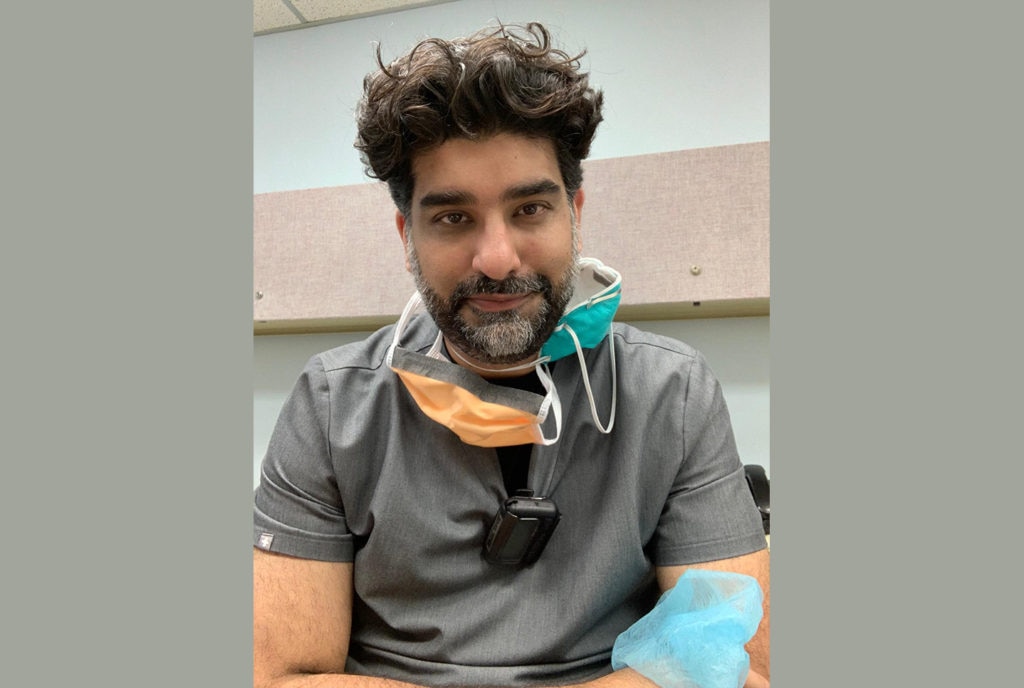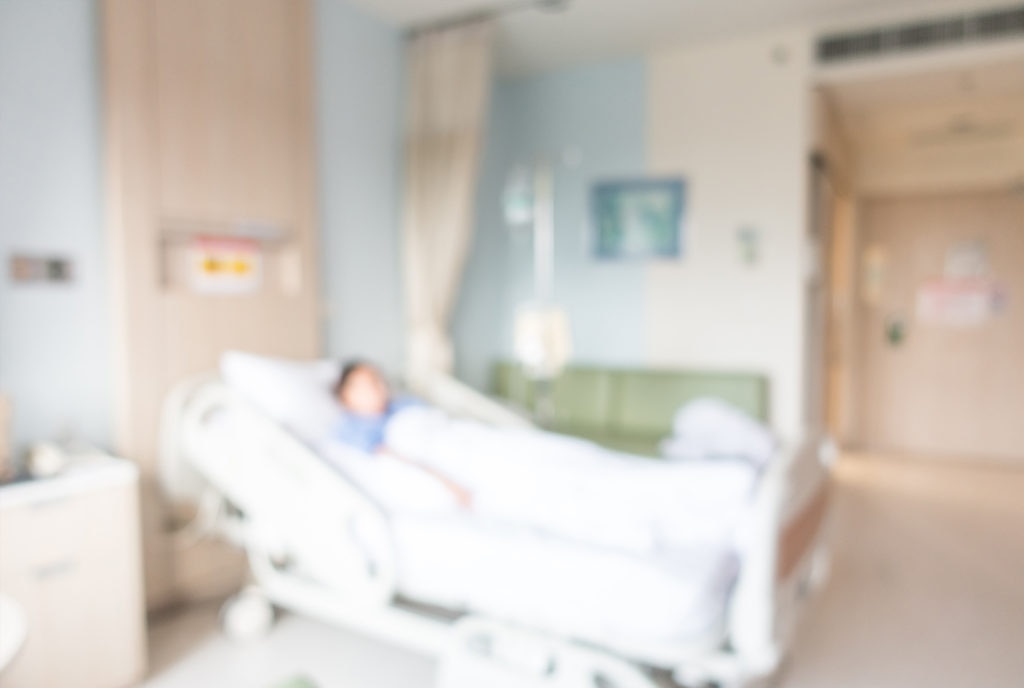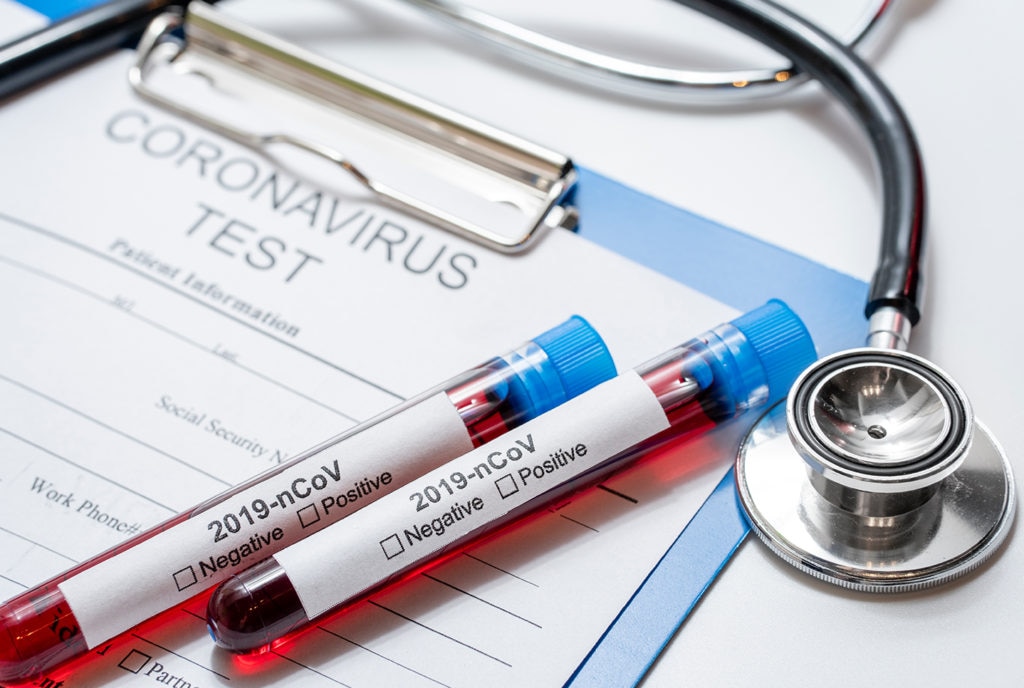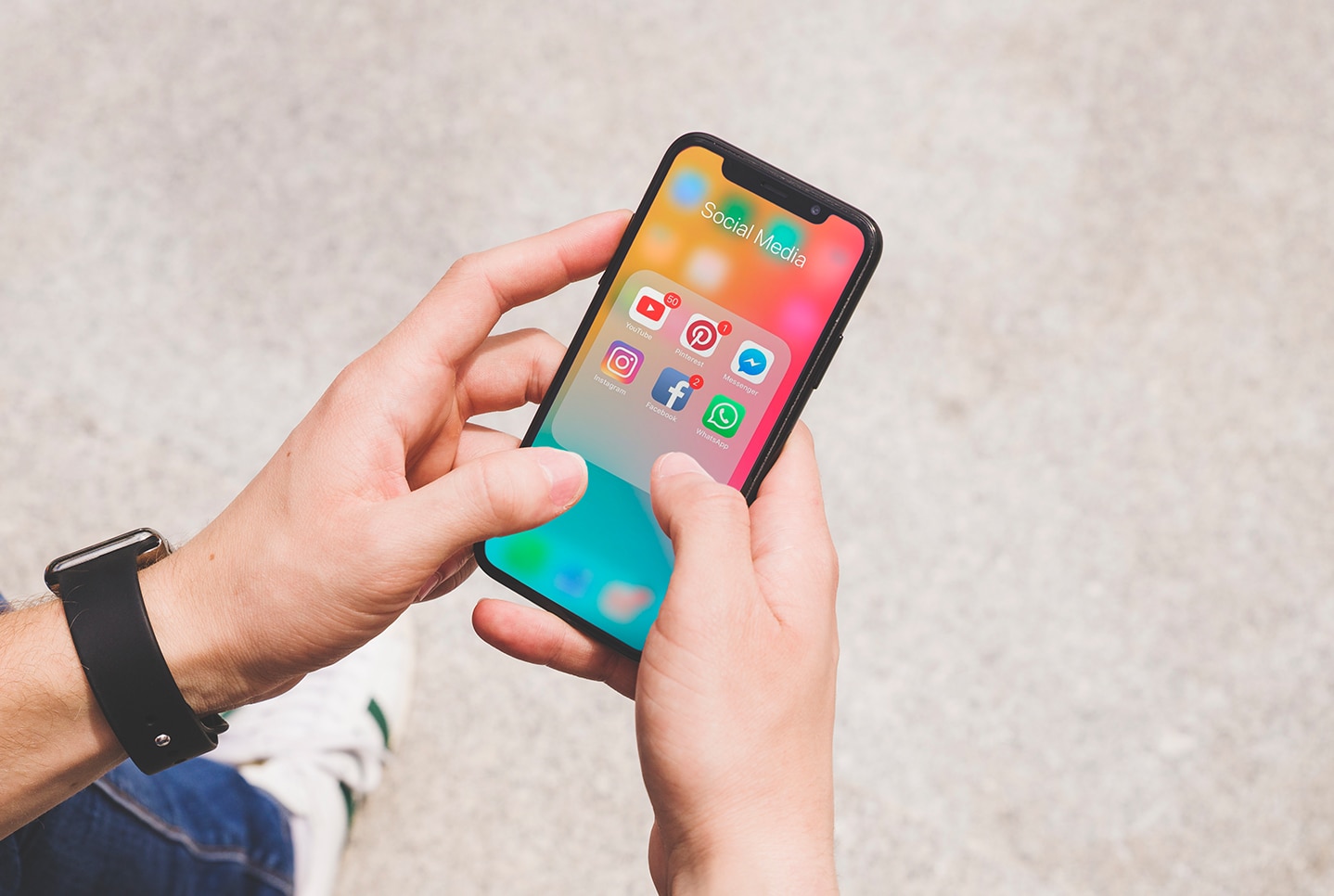
‘As evil as COVID-19 is, it’s shown the potential of the human spirit and how promising our future can be’
Key Worker Series – Interview with Dr Bilal Rana
Dr Bilal Rana is an anaesthesiologist living in Houston, America and is the former President of the Ahmadiyya Muslim Youth Association USA.
As a medic, Bilal’s been at the forefront of treating patients who’ve been infected by coronavirus, trying to come to grips with a pandemic sweeping across a country which has seen the highest number of confirmed COVID-19 cases in the world.
We managed to speak to Bilal during some rare downtime to try and get a better understanding of what life has been like for him over the past few weeks in the latest of our Key Workers Series.
Q. Thanks for taking some time out to talk to us Bilal. You’ve been very much on the frontline during this pandemic, seeing coronavirus patients since the start of the outbreak. Can you try and give us a glimpse as to what that’s been like?
It’s like slamming the breaks on a wet road when you’ve been driving too fast. We were caught off guard, were too confident and all we can do now is try to steer the crash. This exposed just how underprepared we are for events of this scale and also how wrong our professional predictions can be.
It’s humbled us all – politicians, policy makers, doctors and the public. For some on the frontline, the shock has been too much. Some healthcare workers quit, others took indefinite leave. There’s a duty to serve but there’s also a shortage of personal protective equipment. I’ve been wearing the same N95 mask for a couple weeks and although I sterilise it, it’s usually intended to be used just the once.
We’re reminding each other to always do the right thing, no matter how tired or overwhelmed we may be. We know that we can carry the virus into our own homes, without showing any symptoms. So we’ve been trying to balance patient care with self-care.
No one is perfect, so we do what we can and then pray that God protects us. Meanwhile, the families of patients also face a new reality, of not being able to visit their loved ones due to lockdowns and hospital restrictions.
So we were all caught napping at the wheel but we are learning good lessons and won’t let this crisis go to waste.

Q. For weeks now, governments around the world have been telling people to stay indoors and to keep a safe distance from others when they do have to go out. How important are those measures in tackling the coronavirus pandemic?
It may sound extreme but the premise of social distancing is to prepare for the worst possible scenario in order to achieve the best possible outcome and it cannot be done half-way.
This means we behave as though surfaces are contaminated and that people we interact with havethe virus, even though they do not.
This distancing for the greater good has taken a huge toll on the world economy and personal convenience but I love this because we’ve proven to ourselves that we can value humanity over GDP. We are capable of putting ‘you’ ahead of ‘me’ and when we’re all doing it together, it becomes easier and easier.
As evil as COVID-19 is, it’s shown the potential of the human spirit and how promising our future can be. Whether it’s global warming, poverty, nuclear threats or whatever great troubles afflict us, we can overcome it all if we choose to.

Q. Is the advice to stay indoors equally applicable to everyone? What if someone is young, has a strong immune system and is generally healthy?
While it’s true that COVID-19 is more lethal in elderly patients, younger, healthy adults who ‘don’t get ill much’ are hardly immune to coronavirus.
The more we look at the data, the more we realise that they too become victims of the virus themselves. Some studies showed about a quarter of patients infected with COVID-19 are age 49 and under.
Not only that but healthy adults can also unwittingly transmit the virus to parents and grandparents because they are often asymptomatic carriers.
Q. And that’s an important point isn’t it, recognising the collective responsibility we all have during this outbreak. In terms of those patients who do manage to recover, what is the long term impact of coronavirus?
There simply hasn’t been enough time to assess longer term consequences from this virus and the pneumonia it can cause. Most people who recover from viral pneumonias in general usually have a full recovery.
Early studies out of China did indicate the possibility of a longer term impact but larger and more comprehensive studies which are more conclusive are yet to be done.
Q. There’s a lot of useful and practical advice being shared about coronavirus but also a fair amount of misinformation. Are there any myths or misconceptions you’ve come across which you think need clearing up?
I’ve been asked by a number of worried people if we should remain strictly inside the house because COVID-19 ‘is in the air’. This is an airborne disease that’s passed through aerosolised particles that are launched in the air around you by coughing and sneezing. This is why it’s so important to cover your cough.
If there’s a chance of close human contact then wear a mask. But you should not fear the open air itself – in fact, ventilated areas are better than enclosed spaces with people. But there’s no harm in going outside to get fresh air, the air in our homes comes from outside anyway. Precaution is a virtue but paranoia is a vice.

